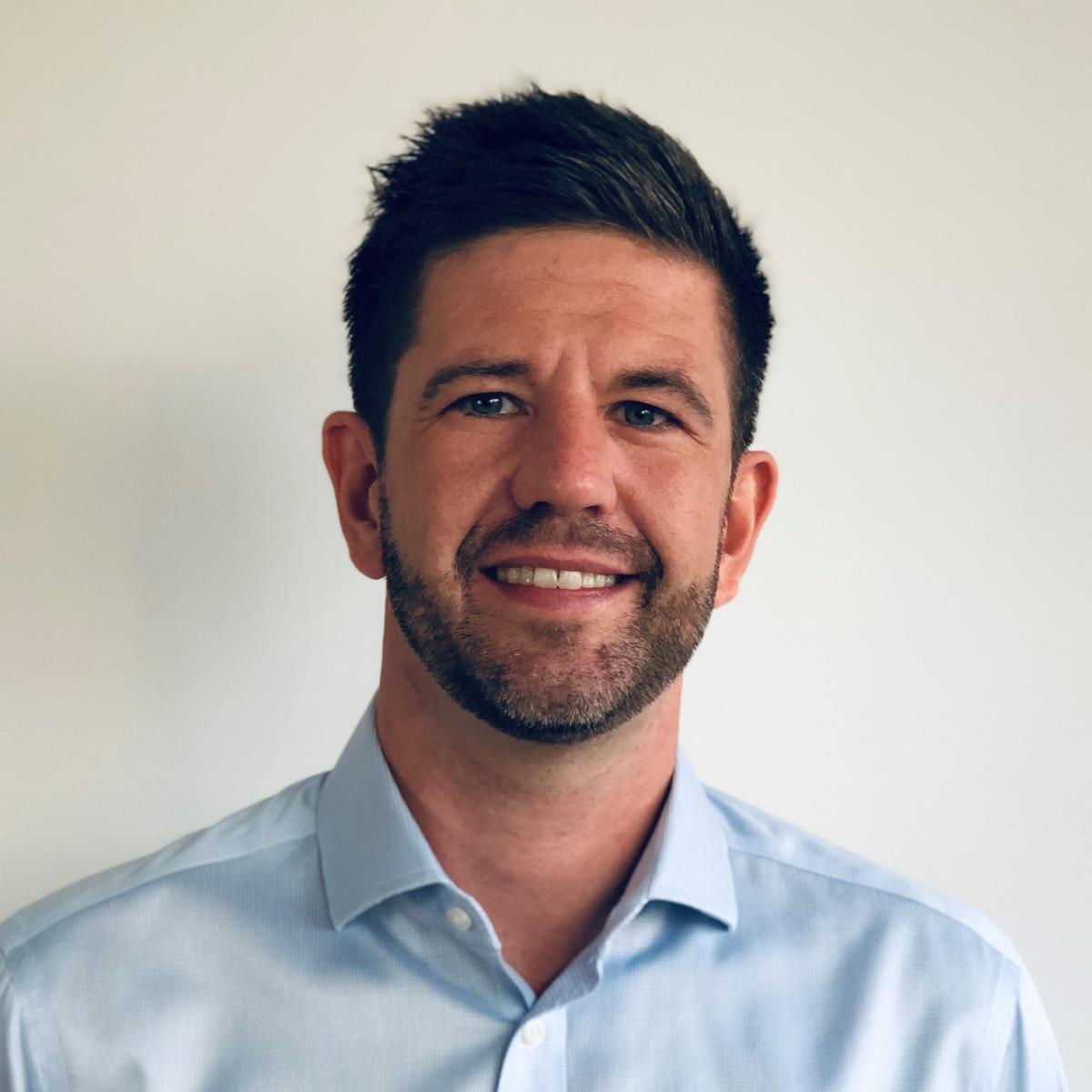The power of data: how a digital health ecosystem will improve care provision

Photo by John Fedele/ Blend Images
Data silos started to open up as hospitals put collaboration at the heart of their pandemic response. Simon Philip Rost, marketing executive for GE healthcare’s digital health and AI portfolio, says this trend can drive a provider-focused industry ecosystem
HITN: Tell us about your healthcare ecosystem vision. How will it work as a launch-pad for more pervasive data use throughout health systems?
 Rost: We believe that the future of innovation is breaking down data silos and working together at eye level. This includes start-ups, research organisations, hospitals, clinicians, but also patient advocates and associations like HIMSS.
Rost: We believe that the future of innovation is breaking down data silos and working together at eye level. This includes start-ups, research organisations, hospitals, clinicians, but also patient advocates and associations like HIMSS.
Every stakeholder can bring their strength into this ecosystem. Our ecosystem brings together five areas: medical applications, medical devices, IT solutions, developer services, and an ecommerce marketplace in which providers can purchase applications and algorithms in a scalable way.
HITN: How do you think it will help us to positively exploit the accelerated learnings and experiences of the pandemic?
Rost: COVID-19 has highlighted that if we come together as an ecosystem, we can accelerate digital transformation and furthermore, provide our sector with opportunities to learn across sectors and regions.
The healthcare provider is the most important partner because we want to address their day-to-day problems. The best use case comes from them because they know best what they want to solve. This empowers the rest of the ecosystem to build a tailored solution. They become the core orchestrator of development.
HITN: Can you point to some of the most notable problems exposed in our health systems by the pandemic?
Rost: The first one is managing access to treatment. During the pandemic, a lot of elective surgery has been pushed to one side. Costs have stayed the same or increased but income is less, and you have a backlog building up. You don’t get less cancer just because of COVID-19. So triage and scheduling are two examples of where start-ups can work to improve scheduling processes to find people who have a higher probability of getting cancer and bring them to the screening process first.
The second is data access for decision-making at a time when you are fighting for people’s lives. What COVID-19 has shown is that if you invest in telehealth, remote monitoring, AI development and digital platforms, it works. It’s the first time I really see that we are working on breaking down these data silos. That’s the biggest value I see, bringing these data points together in weeks or days rather than years.
HITN: Could you share some insight into this digital transformation: what has the impact of AI been in reality, for example?
Rost: I think AI in healthcare is shifting from being feared to being applied in certain times, especially in the workflow. Hospitals that don’t start developing AI use now, dealing with their information and data, will face problems in the near future.
I really believe you can humanise healthcare a little, because technology takes over redundant tasks and augments your capability. It’s happening in some cases but there is still some way to go to get full adoption in the standard workflow of clinicians.
HITN: What about operational data? We hear some eye-watering estimates about waste, for example – as much as 25% of hospital costs in the United States, for example. How can AI help to reduce this?
Rost: For sure in the medical community, it’s the fancy stuff that gets the headlines and of course the clinical value is important. But I think there should be more focus on operational AI. The cost of waste is huge and technology can address this.
These technologies guarantee more qualitative, sustainable healthcare and in the long run, I would guess, patient satisfaction - because waiting times don’t help anybody.
Healthcare IT News spoke to Simon Philip Rost, marketing executive for GE healthcare’s digital health and AI portfolio, as part of the 'Summer Conversations' series.



































